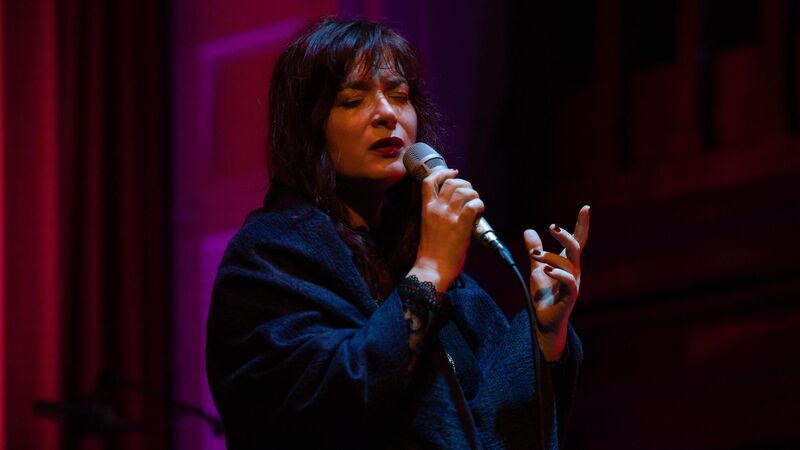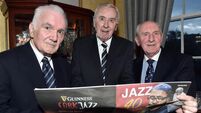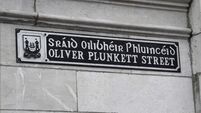ECM at Triskel review: Cork venue perfect for chamber jazz sounds of leading label

Elina Duni on stage at Triskel for the series of ECM concerts at Guinness Cork Jazz Festival.
Picture: Darragh Kane
Triskel’s Christchurch venue lends itself to a certain kind of music. Chamber jazz you could call it. Contemplative, atmospheric music that gives more attention to tone and colour than to swing, and which draws as much on European classical music as American improvisational tradition.







